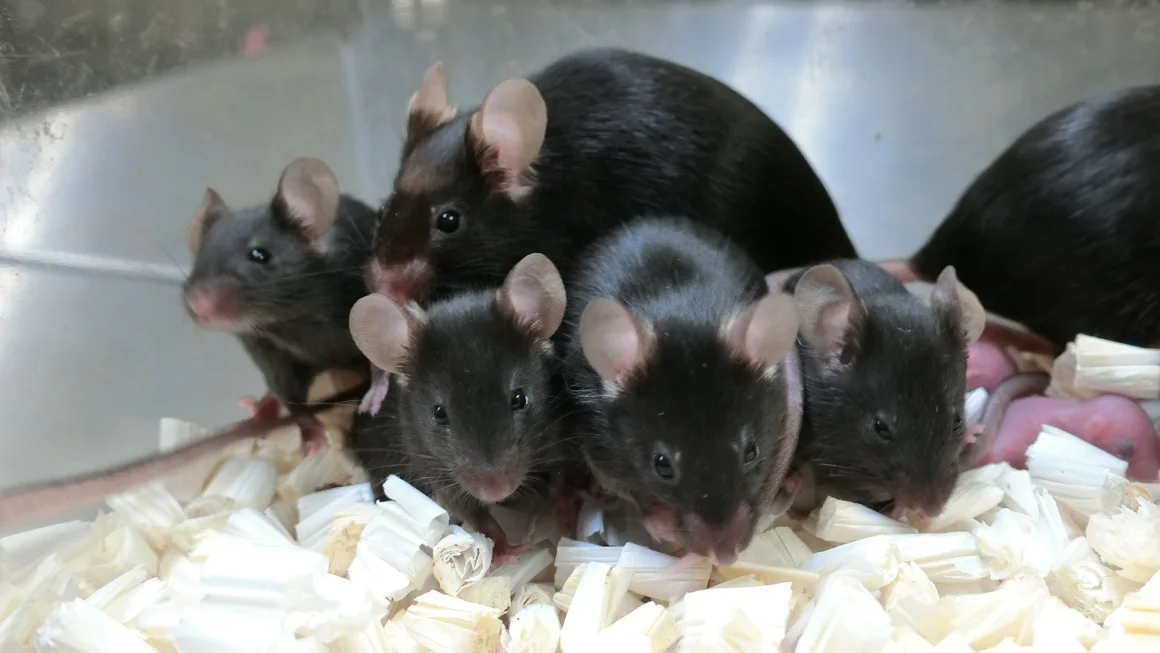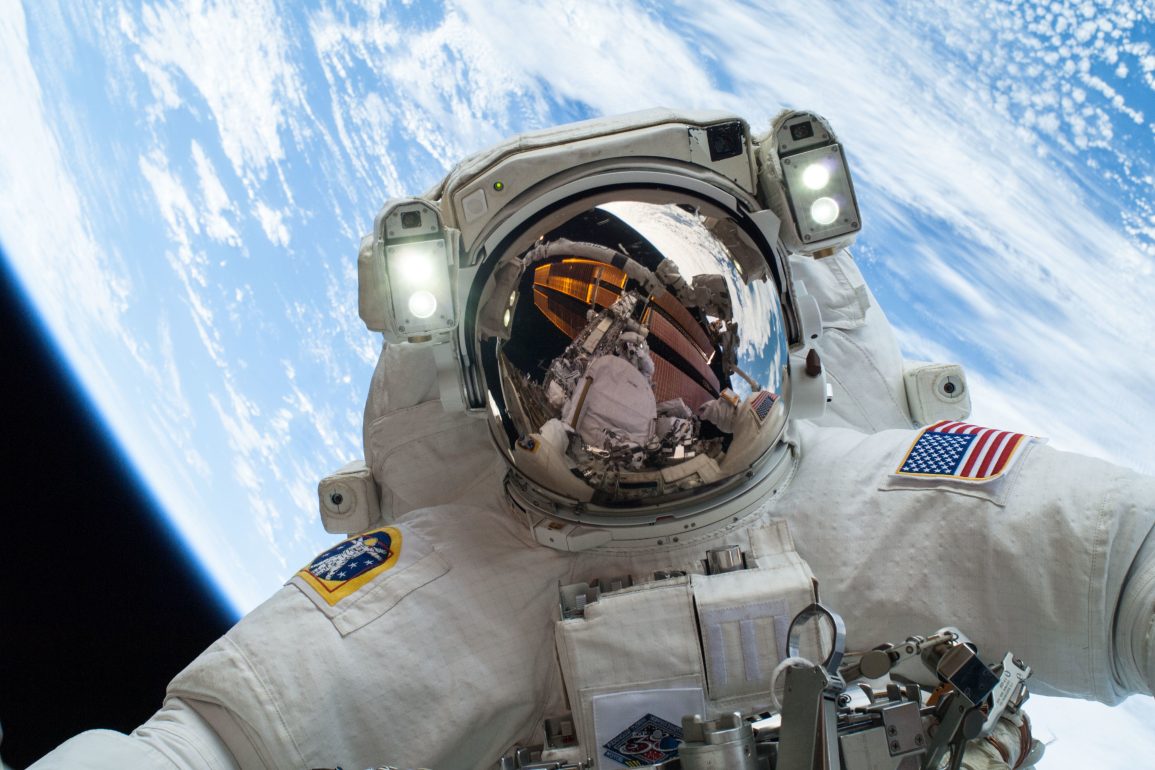The past few years have highlighted the fragility of life on Earth, with global pandemics, extreme heatwaves, and natural disasters posing existential threats. These events have fueled the push to explore and establish human outposts on the Moon or Mars as a safeguard against potential extinction.
However, a significant question remains unanswered: can humans reproduce and sustain life in space? Recent research using freeze-dried mouse sperm stored aboard the International Space Station (ISS) aims to shed light on mammals’ ability to procreate in space, offering critical insights into the future of human life beyond Earth.
Professor Teruhiko Wakayama of Japan’s University of Yamanashi is leading the charge to explore space-based reproduction. His research involves storing and studying mouse sperm in space, with plans to develop an in vitro fertilization (IVF) system for astronauts aboard the ISS.
Wakayama envisions a future where Earth’s genetic diversity can be preserved in space as a contingency against planetary catastrophes. His pioneering work, which includes cloning and developing freeze-drying techniques, has already demonstrated the potential for preserving viable genetic material in space for centuries.

The history of studying reproduction in space spans decades, with experiments on various species from chickens to frogs and even cockroaches. While some species have completed reproductive cycles in space, challenges remain, particularly with mammals.
Wakayama’s efforts to improve storage methods for sperm and embryos aim to address critical issues like DNA damage from cosmic radiation. Understanding these processes in microgravity is vital, as it impacts fundamental aspects of development, such as the nervous system and limb formation.
Although humanity’s journey to becoming a multi-planetary species is still in its infancy, initiatives like NASA’s Artemis program and SpaceX’s Mars missions highlight the growing interest in long-term space habitation.
However, the physical toll of space travel, including radiation exposure and microgravity’s effects on the body, presents immediate concerns for astronauts. Despite these challenges, Wakayama believes that solving reproduction-related issues will be crucial as humans spend more extended periods in space and consider transporting animals for companionship or sustenance.
Ultimately, Wakayama’s research aims to answer whether humans can reproduce and thrive in the harsh conditions of space. His experiments, including the development of IVF technology for the ISS, represent critical steps toward ensuring the survival of life beyond Earth. By addressing these fundamental questions, scientists hope to prepare humanity for a future where life on other planets is not only possible but sustainable, paving the way for interplanetary exploration and habitation.

